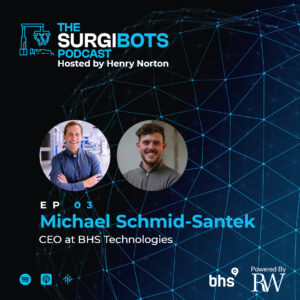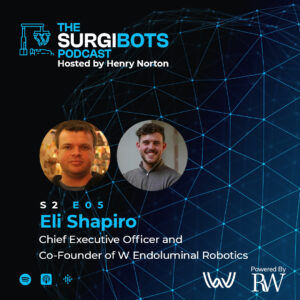Surgibots Podcast
S01 E03
Surgical Robotics of the Future
Surgical robotics are providing innovative healthcare for the future, but what does the future look like for the industry?
Listen/watch now

Listen/watch now



